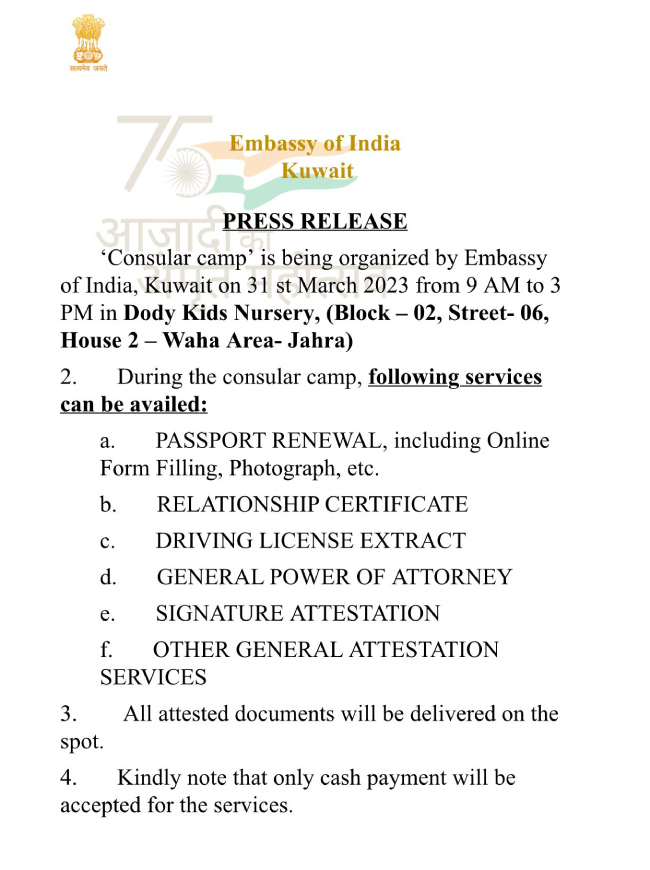In what could be considered an “initial rehearsal” to test the success of fl exible working hours, the head of the Civil Service Commission issued a decision specifying 3 different times for government employees during the month of Ramadan, reports Al-Qabas daily. While responsible sources considered that the success of this experiment would pave the way for applying flexible working hours in ministries and service departments permanently, they indicated that this system would eliminate the phenomenon of disguised unemployment and overcrowding of employees inside offices at the same time, in addition to resolving the crisis of attitudes in some entities, as well as reducing traffic congestion. In addition, female citizens working in service agencies confirmed that flexible working hours are good, but the third period conflicts with family obligations during the month of Ramadan.
The Head of the Bureau, Dr. Issam Al-Rubaian, confirmed that the flexible official working hours from Sunday to Thursday of each week during the blessed month of Ramadan will be four and a half hours per day, from 9:45 am to 2:15 pm, and from 10:15 am to 2:45 pm, and from 10:45 am until 3:15 pm in the afternoon Al-Rubaian added that each government agency may choose more than one official working time from the aforementioned dates, according to the circumstances and nature of the work and without prejudice to the workflow in the entity, and that a decision is issued by the competent minister or whoever he delegates to choose the working hours, taking into account the aforementioned dates.
He explained that the government agency that decides to choose more than one date for the scheduled working hours, and its automated systems allow for multiple proof of attendance times, calculating the official working hours and the grace period individually for each employee, according to the aforementioned dates, so the employee may attend on any of the dates set by the agency and adhere to his dismissal with one of the departure specified dates, according to the time of his attendance. He stated that the minutes of delay at the beginning of working hours are calculated for the employee according to the dates set by his employer and after the end of the last date set by the authority for attendance, in addition to the 15-minute grace period at the beginning of working hours.
Al-Rubaian stated that it is permissible for the government agency to oblige some employees to a specific work date, whether at the level of work centers, specific organizational units, job categories or a group of employees, according to the requirements and interest of the work, and within the deadlines set by the CSC. He indicated that the employee, in this case, adheres to the dates set by the employer for attendance and leave, and he may not choose a date for his attendance except for what the employer specified. He said that this decision does not prejudice the 15-minute grace period for the employee at the beginning of the working day, or the 15-minute grace period for females at the end of the working day, or the permission system or other rules or provisions stipulated in the CSC decision regarding work regulations.
This decision affects the applicable shift or guard systems. He explained that the application of the provisions of this decision does not entail the payment of any additional compensation, allowances, rewards or bonuses, indicating that this decision is implemented during the blessed month of Ramadan for this year. Al-Rubaian stated that the entities that have special circumstances or nature of work and wish to change their working hours in contrast to the dates stipulated in this decision, they must submit a proposal for appropriate official working hours for them, in order to be approved by the Civil Service Bureau, while adhering to their proposal with the number of hours set for working hours by four and a half per day.






